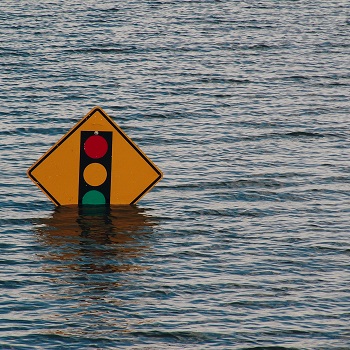The Limits are Set: Merkel and Sarkozy Have Spoken!
Merkel and Sarkozy have spoken! Forget about euro-bonds. Forget about increasing the emergency funding launched last May. Europe’s leaders, when they meet in Brussels next Thursday, will face a stark reality: the limits of eurozone support have been determined, at least for now, following the Franco-German summit in Freiburg.
Economic growth combined with budget restraint is the only way ahead: There will be no euro-bonds to cut the cost of government borrowing, and no additional bail-out funds to sustain private banks or national treasuries.
The Franco-German line is a direct rebuff to eurozone president Jean-Claude Juncker, who was a vigorous exponent of euro-bond sales, as well as to leaders in several member states, including Italy, and in the European institutions. Commissioner Olli Rehn was cautious. The idea of issuing Euro-bonds was “intellectually attractive” he said, which seemed a good way of damning with faint praise.
The alliance between Paris and Berlin is setting the agenda. At their meeting in Freiburg on Friday December 10 Chancellor Merkel and President Sarkozy stressed their support for the euro. There was agreement between the two governments that their fiscal policies would be harmonised, which was helpful for President Sarkozy, but in the end it was the German position which determined the outcome of the meeting. Perhaps more interesting for the long term was finance minister Wolfgang Schäuble’s statement in Bild am Sonntag (December 12) that Germany would be willing to discuss fiscal harmonisation on a eurozone level.
Chancellor Merkel is in a strong position to call the shots. After all, Germany’s surge of economic growth, up by 3.7 per cent according to the latest figures (following a 5 per cent drop during the recession) provides a boost to the whole European economy. What’s more, the German chancellor has both political and constitutional constraints on her freedom of movement. German taxpayers resent having to contribute to spendthrift eurozone partners, while the threat of court action overhangs any possible treaty changes.
The paradox is that the vigour of the German recovery owes much to a euro made cheap by the eurozone crisis. But it owes much, too, to the fundamental structural reforms which German firms have undertaken over recent years. They have grasped the need for change and are flourishing accordingly.
So can others match the contemporary German miracle? It is difficult to see how without further major changes in their economies. Spain, Greece and Ireland are still virtually in recession, possibly with worse to come. Portugal is now experiencing GDP growth, but requires major changes to its employment laws to stimulate job creation. Of course every country have different challenges, but all face major battles in the coming years if they are to transform their economies to something closer to the German model.
Find Out More
-
Why Europe needs a water resilience strategy
February 8, 2024
-
Why the EU can’t risk failure at COP27
November 4, 2022


